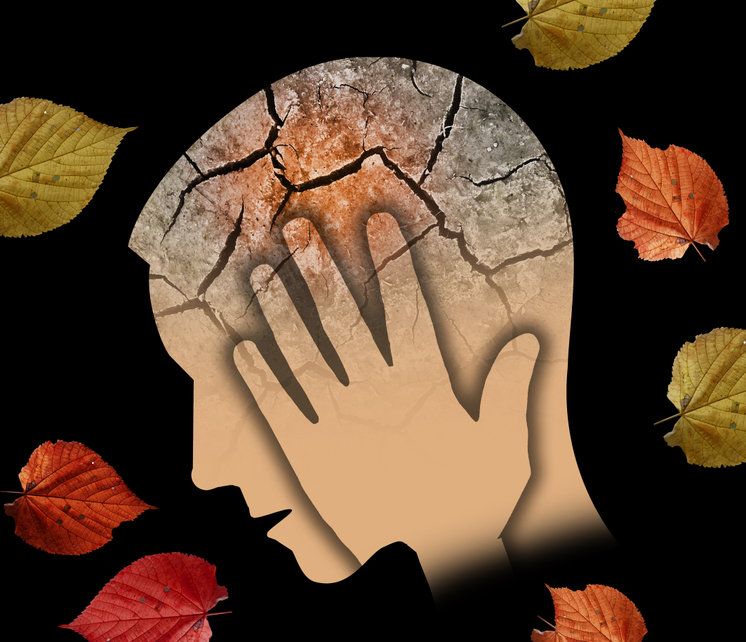If you’ve been following psychedelic mushroom research in recent months, you probably already know that the main focus is on mental health. There have been quite a few impressive breakthroughs associated with the ability of psilocybin mushrooms to treat certain disorders including anxiety, depression and the inability to focus properly. Golden teachers mushrooms as well as other species of psychedelic mushrooms have been tested with varying results – most of them being impressively positive.
The main breakthrough research, however, was in studying the psychoactive ingredient known as psilocybin, which is found in most types of magic mushrooms. This ingredient has recently been said to be capable of keeping depression under control mush more efficiently than most anti-depressants can.
Psilocybin is a psychedelic agent that, when taken in excess can cause hallucinations and alter the state of consciousness of the individuals using it. Because it impairs the user’s ability to think and perceive the world clearly, it has been banned in quite a few places, including most American states. California and Colorado have so far been making a lot of progress to legalize psilocybin mushrooms, but these successes have only been partial thus far.
Psilocybin mushroom spores, however, along with the scientific research conducted on magic mushroom cultures, are legal. Psilocybin only appears once the mushroom has grown past the spore stage, so in most places, you can order spores and spore syringes without any difficulty or risk.

The research conducted on the effects of magic mushrooms on depression have shown that not banning mushroom spores and the scientific research associated with them is really starting to pay off. Combined with therapy, scientists have managed to achieve what they called “enduring” effects with psilocybin mushrooms. They have performed extensive studies and research on many types of mushrooms, including Golden Teachers mushrooms, to find out exactly how the mushrooms affect people who take them in various doses and what the end result might be. What they’ve discovered is that even very small doses of psilocybin mushrooms, which can’t induce a psychedelic experience, can have a very powerful positive effect on people with depression.
The mushrooms essentially act as anti-depressants when taken in certain, small doses that are given two weeks apart. Studies indicated that people who took up such regimen plans felt better even 12 months after the treatment. Compared to that, most anti-depressant treatments have results that fade away much sooner, even when the medicine associated with them is taken regularly.
Other studies also focused on the effects of psylocibin mushrooms on overall mental health, and have achieved promising results. The news is that people can consume these mushrooms regularly if they “microdose” on them, and they won’t experience any negative side effects. People who do that and can achieve a lasting balance through their microdosing practice were found to exhibit lessened symptoms even while suffering from mental disorders that are normally very hard to treat.
Anger issues, mental stagnation, severe anxiety, lack of sleep and lack of motivation and creativity have all been known to improve when patients started microdosing either by adding tiny doses of psilocybin mushrooms to their tea or through other methods.
